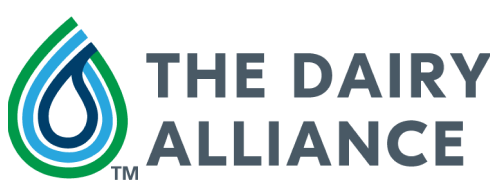Lactose Intolerance Doesn’t Mean Dairy Avoidance
As a registered dietitian, a common misconception I hear from people with lactose intolerance is that they must avoid dairy foods altogether. The truth is, most people who are lactose intolerant can still enjoy many nutrient-rich dairy foods. It’s all about your approach. Try these tips to stop avoiding and start adding more milk, yogurt, and cheese to your diet.
Discuss with your Doctor
Only a doctor can diagnose lactose intolerance. If you self-diagnose and omit dairy from your diet you may deprive yourself of the critical vitamins and minerals dairy foods provide. As a result, you could inadvertently put yourself at risk for certain diseases, such as high blood pressure, stroke, osteoporosis, obesity, diabetes, and some cancers. Dairy foods provide calcium, potassium, vitamin D, and other essential nutrients that may lower your risk. Your doctor can order a simple hydrogen breath test that will measure the amount of hydrogen gas in your breath, which increases when you have undigested lactose in your system.
Reintroduce Dairy the Right Way
Include natural cheeses in your diet such as Cheddar, Monterey Jack, Gouda, and Parmesan. Most of the lactose is removed when these cheeses are made.
Choose yogurts with live, active cultures that help to break down lactose.
Introduce small amounts of milk or milk products to help reduce symptoms.
Try chocolate milk. For some, it may be easier to digest than white milk.
Try lactose-free foods, such as lactose-free milk and lactose-free cottage cheese. Lactose-free milk is real milk without the lactose, providing the same nutrition as regular milk.
Avoid Jumping to Alternatives
While some milk-alternative beverages provide plant-based protein, they are fortified and do not offer the same package of healthy nutrients — calcium, potassium, phosphorus, protein, vitamins A, D, and B12, riboflavin, and niacin — found in milk and other dairy foods. One 8-ounce glass of almond beverage only provides 1 gram of protein while real dairy milk provides 8 grams of high-quality protein per 8-ounce serving.
Laura Marbury, MS, RDN, LD






